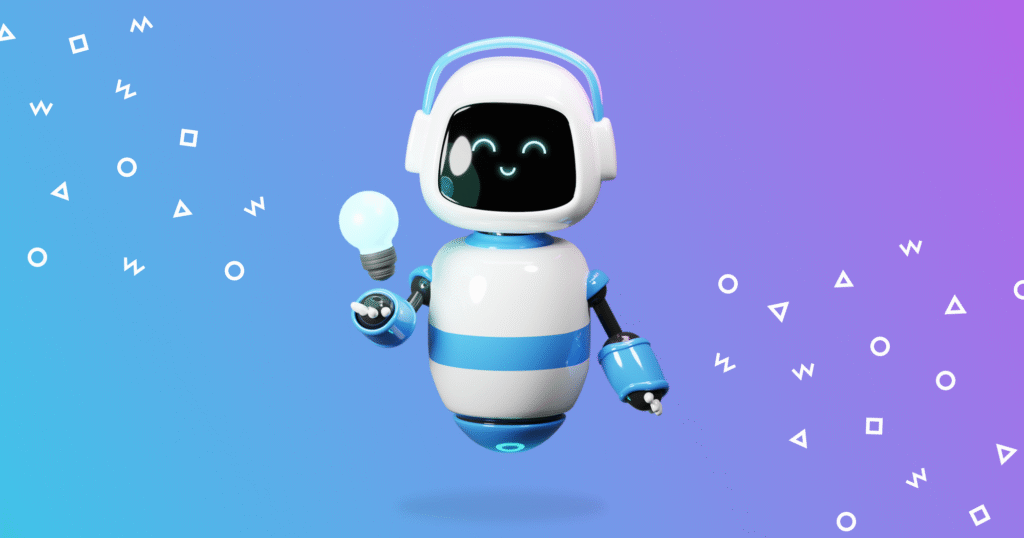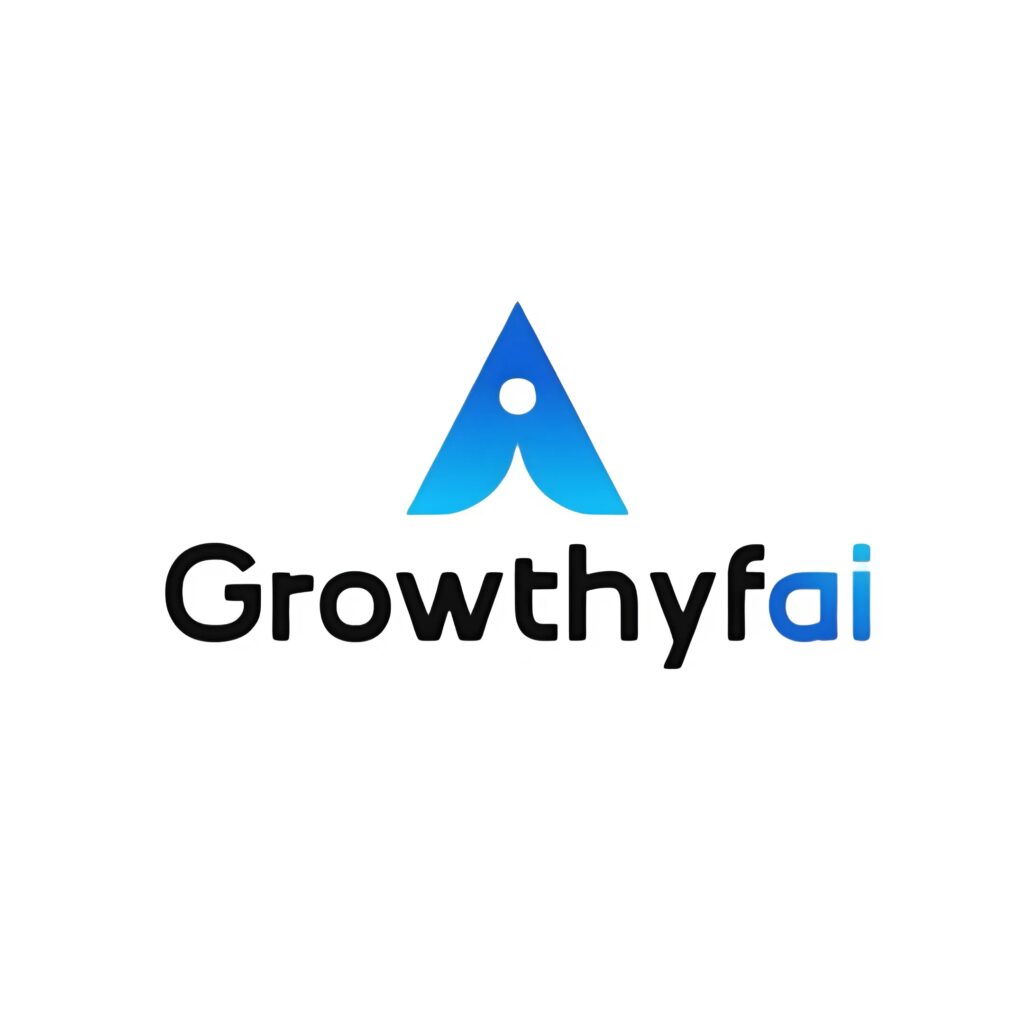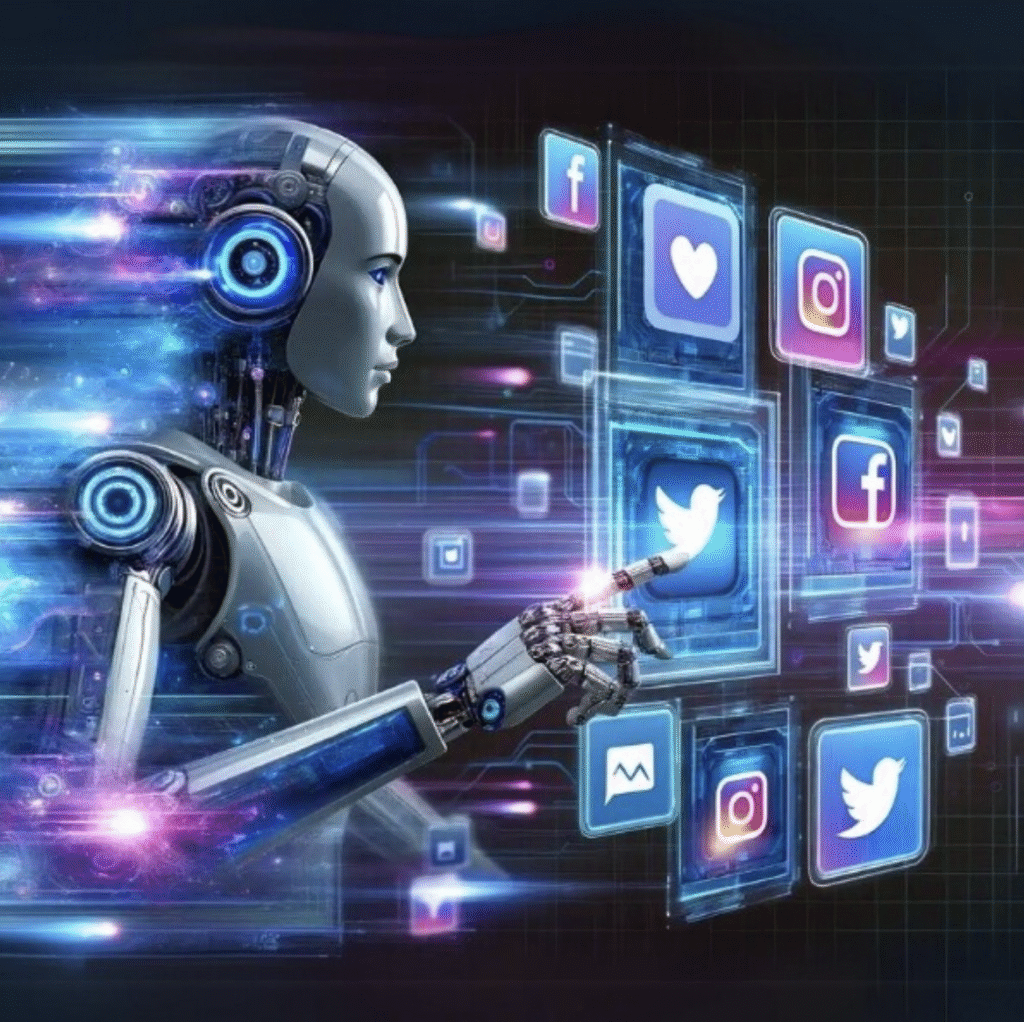How AI is Redefining Modern Digital Etiquette


In today's rapidly evolving digital landscape, Artificial Intelligence (AI) stands as a transformative force, reshaping various aspects of our lives, including the subtle and often unspoken rules of digital etiquette. As AI continues to integrate into our daily routines—from interacting with smart personal assistants to engaging in social media platforms—the way we conduct ourselves online is undergoing a significant transformation. This blog post explores how AI is redefining modern digital etiquette and offers insights into navigating these changes proficiently.
---
**The Evolution of Digital Etiquette**
Traditionally, digital etiquette—or "netiquette"—focused on maintaining politeness, respecting privacy, and accurately conveying tone to avoid misunderstandings online. However, as AI automates and refines digital communication, the lines defining acceptable behavior are continually being redrawn. The increased presence of AI in digital interactions challenges long-standing norms and requires a recalibration of our understanding of courtesy in the virtual world.
---
**AI's Role in Digital Communication**
AI technologies, including chatbots and virtual assistants, are revolutionizing the way we communicate digitally. These AI systems are often the first point of contact in customer service scenarios and are becoming increasingly prevalent in personal communication apps. As they learn to mimic human-like conversation, new etiquette rules emerge regarding how we interact with them and how they, in turn, interact with human users.
For instance, the expectation of immediate responses or 24/7 availability reshapes traditional politeness norms. Users may need to adjust their patience levels, recognizing that an AI-generated message might sometimes be slower or imperfect as it processes multiple queries simultaneously. Meanwhile, AI's potential to discern the emotional tone can help manage misunderstandings, provided users understand the limitations of AI's sensitivity and adjust their expectations accordingly.
---
**Privacy and AI**
AI's ability to process vast amounts of personal data raises significant questions about privacy and consent in digital interactions. As algorithms become more adept at predicting user preferences and behaviors, individuals are tasked with navigating the balance between convenience and privacy.
Here, modern digital etiquette involves being transparent about data collection and usage, and AI developers have a responsibility to ensure users are informed about how their information is utilized. From a user perspective, understanding and controlling privacy settings on social media or business platforms is essential in maintaining control over personal data.
AI-based tools are facilitating this by providing clearer, more accessible privacy controls and personalized privacy alerts, helping users stay informed and exercise their rights effectively.
---
**AI and Inclusivity in Digital Spaces**
A critical component of digital etiquette involves fostering inclusive online environments. AI can play a pivotal role in promoting inclusivity by identifying and mitigating bias in digital interactions. For example, AI-driven tools can help detect harmful language or biased representations on social media platforms, encouraging more respectful and inclusive communication.
Moreover, AI's ability to offer real-time translations and alternative text for visually impaired users makes digital platforms more accessible to diverse global audiences. This technological progression encourages a broader perspective on digital etiquette by emphasizing respect and inclusivity for individuals of all backgrounds and abilities.
---
**AI's Influence on Professional Etiquette**
In professional environments, AI is redefining traditional norms of communication, from email correspondence to meetings and collaboration. AI-powered scheduling assistants streamline meeting arrangements, reducing the back-and-forth commonly associated with planning. Digital etiquette now emphasizes clarity and efficiency, as automated systems handle more routine tasks.
Additionally, AI's integration into hiring processes necessitates new etiquette considerations. Job seekers need to be aware of AI tools that screen resumes, meaning clarity and keyword optimization have become crucial elements of professional communication. Employers, for their part, must ensure that their use of AI in recruitment processes remains transparent and fair.
---
**Examples of AI Impacting Daily Digital Etiquette**
1. **Social Media Communication:** Many platforms use AI to moderate comments and content. Users must navigate these systems by understanding what constitutes acceptable behavior according to evolving guidelines set by AI moderators.
2. **Email Management:** AI tools help prioritize messages, suggesting which emails warrant immediate attention. Adapting to this change means users might adjust how quickly they expect replies, considering the filtering processes at play.
3. **Virtual Meetings:** AI can schedule and even transcribe meetings, encouraging participants to focus on engagement and fostering clear, concise communication. Etiquette now includes acknowledging AI's role in facilitating seamless virtual interactions.
---
**Conclusion**
Artificial Intelligence is seamlessly weaving itself into the fabric of digital life, altering norms and etiquette as we once knew them. As these technologies continue to develop, so too must our understanding of digital courtesy and respect.
Embracing the changes AI brings to digital etiquette involves acknowledging its role in communication, privacy, inclusivity, and professional interactions. By doing so, we can find ourselves better equipped to thrive in an AI-enhanced digital world, fostering interactions that are respectful, inclusive, and considerate of each individual's digital experience.
As AI continues to redefine modern digital etiquette, staying informed and adaptable is essential. By aligning our behaviors with the rapid pace of technological advancement, we can ensure that our digital interactions remain authentic, respectful, and conducive to positive engagement for all involved.









